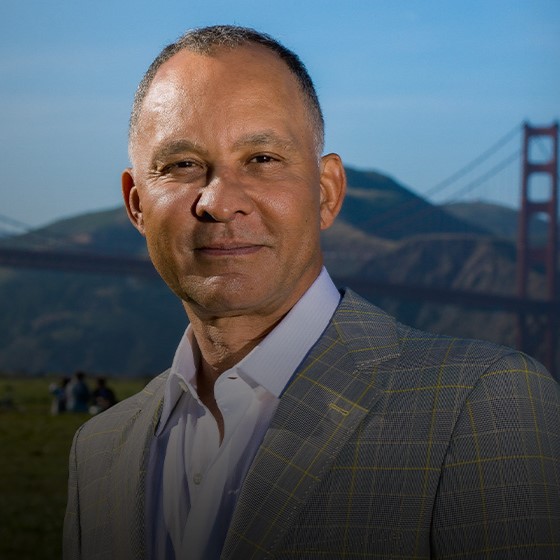
Gynecomastia before and After Puffy Nipples Eliminated
Gynecomastia, often referred to derisively as ‘man-boobs’, is endemic in the United States. While gynecomastia can be associated with excess body mass and obesity, many males I see for gynecomastia reduction surgery are not overweight, but simply have experienced the spontaneous proliferation of fibrous breast tissue on one or both sides of their chest, for reasons that medical science currently cannot fully explain. This causes many young men to ask, Why Do I Have Gynecomastia? For young men and teens with gynecomastia, the problem can create a vicious cycle of self-consciousness and social withdrawal. With breast area enlargement, a boy gradually becomes insecure about his appearance without a shirt on or even in workout clothing. They begin to avoid social situations in which their chest appearance is obvious (the gym, the pool, pickup games), and sometimes come to avoid sporting activity of any kind. This can potentially damage their psychosocial development and has a profoundly negative effect on their sense of well-being and quality of life. It certainly is possible that some gynecomastia may improve without surgical intervention after a few years, particularly in very young teens. However, if my own sons had gynecomastia that persisted beyond two years, particularly if they are fifteen or over, I would certainly support their decision to go forward with Surgical Treatment for Gynecomastia
RELATED: Gynecomastia Surgery for Teens – How Old Do You Have to Be?
Gynecomastia will not go away with diet or exercise, although I have seen young men injure themselves due to excessive workouts, and others put their health at risk by minimizing calories. Glandular tissue cannot be dieted away. if you are a parent with a son who is concerned about gynecomastia, assure him that it is not his fault and support him in any way you can.

